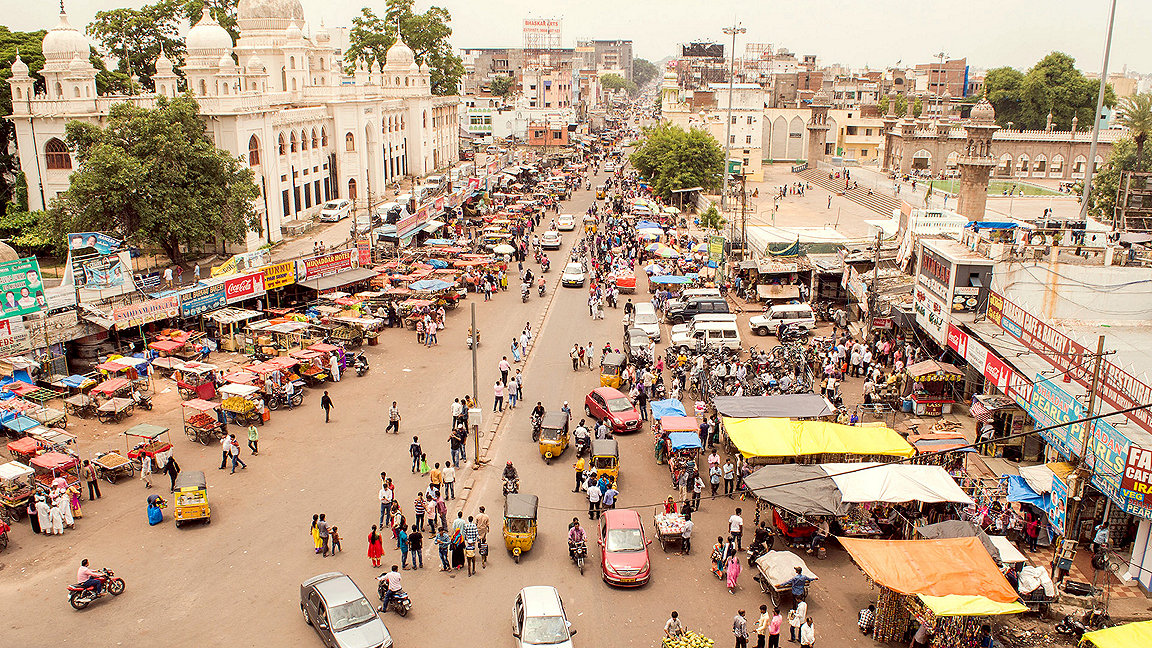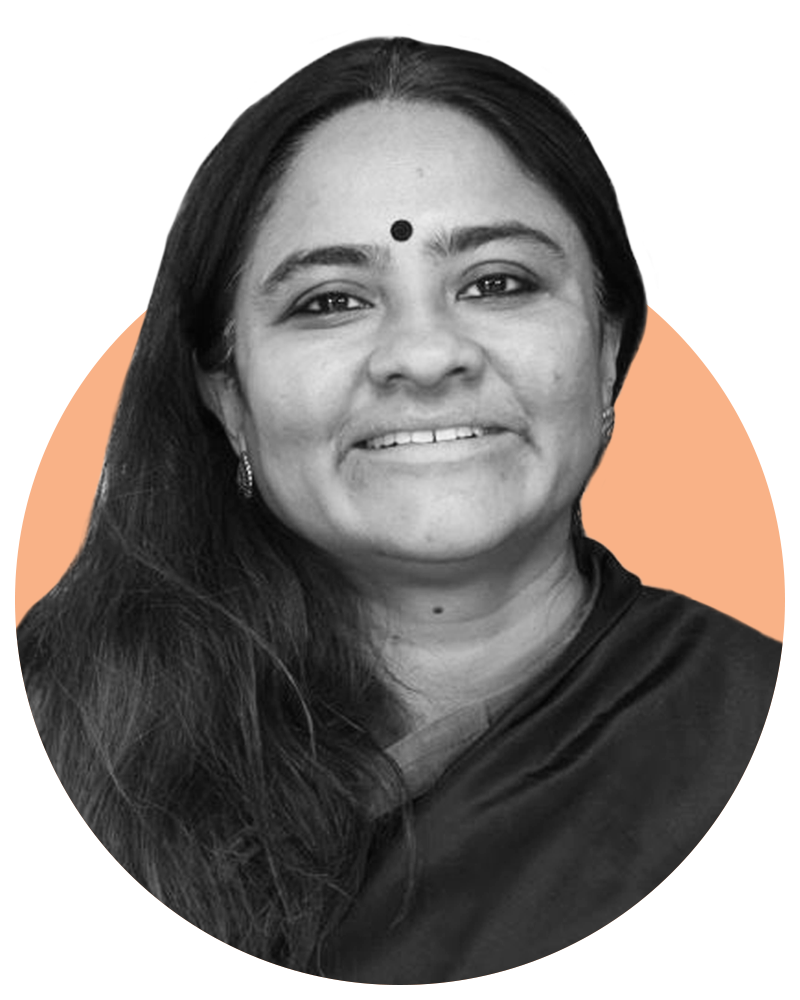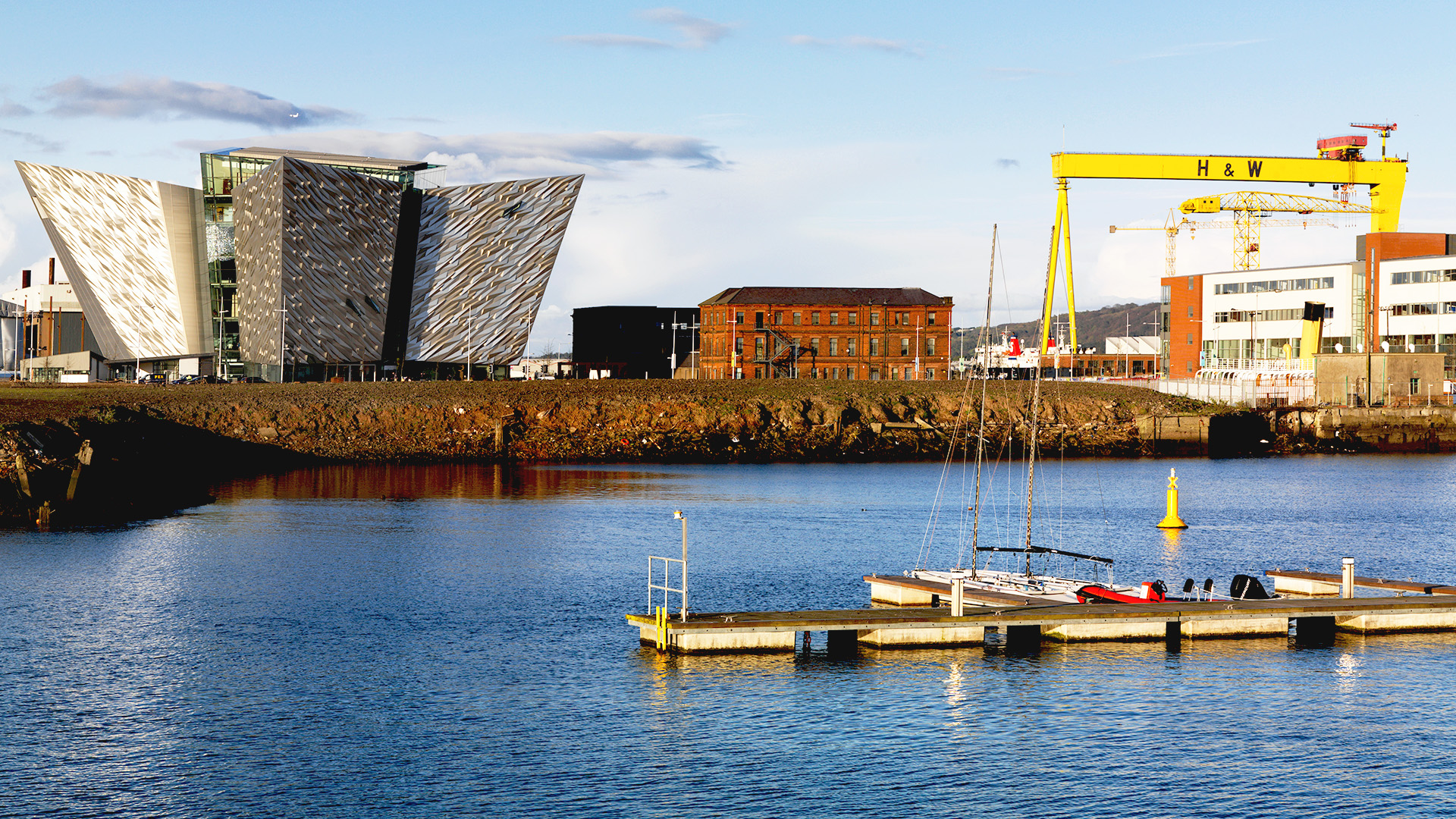
Despite being a renowned business leader and speaker at WEF Davos and COP 21, Sangeeta Prasad FRICS confides she didn’t set out to undertake a specific career in real estate or construction.
Prasad “armed myself with education” with a view to entering the workspace so she could share knowledge, learn more and contribute. This is the first hint of the values that underpin her mindset.
Her university education focused on electronics and electrical engineering and was quickly followed by a post-graduate certification in management. For Prasad, the value is in doing the task well, regardless of what the task is. This comes as no surprise given she cites the example her parents set, seeing them: “value work rather than the artefacts around it, character more than wealth.”
Her career started in the early 1990s with sector stalwart Tata Steel, the Indian multinational steel producer. Being part of a large organisation offered plenty of opportunities – for Prasad it allowed the chance to work within in different roles, including being chief of construction solutions and chief sales manager.
She is someone who fully commits to whatever role she is in, expecting to, as she puts it, “make a contribution” and evolve in every aspect from the experience. During 16 years at Tata Steel, her experience of a multitude of functions led to her next interesting opportunity – building cities as CEO with Mahindra World Developers Ltd.
“That's how I entered the real estate space, but I didn't see it as real estate,” says Prasad. “The inspiration was not about which sector I am in, the inspiration was, am I doing something meaningful? Am I contributing?”
Fast-forward to the present and she is still leading the way, learning as she goes and working to enable those around her. Since October 2021, she has been the group CEO for Runwal Group Developers, at a time when India has been experiencing rapid growth.
To understand Sangeeta's passion for community and the heart of her people-centric attitude, we must look to her childhood. “We had a very interesting locality where we grew up. During the summers, some of us organised quiz programmes and debates. All the neighbourhood, uncles, relatives and aunts would sponsor an evening and host a quiz at their home.”
She credits these early experiences with developing an instinct for planning and organising when you have no money. It links to “how community plays a role when you know that you have frugal resources – how do you persuade people around you to be part of your narrative?”
The importance of placemaking
Infrastructure is one area in India where there has been a lot of reforms and there is a push from the government to make things work. “In the last few decades, India has transformed its transport spaces,” says Prasad. “Decades back you'd find it difficult to go from one city to the other. India's a large country. During COVID-19, people just went berserk on road travel.”
“The transport infrastructure of the country has gone through a lot of improvement and the government has invested in terms of reforms and in financial structuring, so that the private sector can come in.”
When it comes to real-estate, residential is a focus. India has a burgeoning population. How to build residential property sustainably is a key question in the industry at the moment.
“What are we doing about waste management? Energy systems? Social ecosystems? In the rush to create physical infrastructure, are we aware of what its carbon footprint is?” asks Prasad.
When asked about her most memorable projects, one she refers to is the work with Mahindra Ltd and city building. The concept was to create an integrated city which had business as its anchor.
“This city was about having companies from all across the world, including India, to set up and invest in their facilities and around it build social and residential infrastructure.”
“This was about creating a sustainable urban space where companies will come, set up their facilities and help in creating jobs. It was creating wealth for companies but also helping the society around it to develop.”

“The inspiration was not about which sector I am in, the inspiration was, am I doing something meaningful? Am I contributing?” Sangeeta Prasad FRICS, Runwal
Economic, environmental and social sustainability
It's important to Prasad that developments are not seen as putting up barriers between evolving urbanisation and the established community. “Social sustainability is about the community around you, the villages around you,” she says. “Do programmes with them because they should not feel that there is this huge exclusive development which is happening and they are being left out.”
She draws attention to exploitation of locals and land, raising the question: “how do you buy land at equitable market prices?”
“Sometimes what happens is people get greedy and exploit the people, buying land at lower prices - this seems tempting in the short-term, but it creates inequality and divide, which can create a lot of frustrated souls around you. That's not good if you're wanting to create a permanent space where people can prosper.”
Raising and enabling others is at the forefront of Prasad’s mind in everything she does. For her, the value of a project is first and foremost about the people it will impact and ensuring they are not forgotten in the development process.
Her ethos is to work from a point of inclusion and collaboration.
In one project she had the word 'exclusive' removed from the marketing material and ensured the city itself did not have a specific arrival gate – it was important the development was not cut off from those already in the area. People must be able to interact. While security was built into new residential buildings, common spaces, products and services were open to all to enjoy.
“You create an urban ecosystem, away from the urban milieu. Go out of the city limits and create something from where there was nothing.”
Authentic leadership
Sharing some of the things she's learned across her 30-year career, Prasad proposes authenticity, flexibility and being the chief entertainment officer in tough times as the anchors of good leadership.
“I believe in the long run, if you're authentic, people understand you,” she says. “I am the way I am. People must see my vulnerabilities and jagged edges as much as they see the good me, the strong me.”
Whether it be job creation, economic growth, sustainability or placemaking, Prasad looks for the meaning in the work. What will it mean for the business? What will it mean for the community? And what will it mean in the future?
For someone who did not enter the real estate industry with a sector-specific skillset, she has certainly left a lasting impression and stands as a role model of values-led working for the next generation.
“There have been colleagues who have worked with me 10 years back who sometimes call me and tell me what they have achieved in life,” says Prasad. “For me, that's a great win.”

